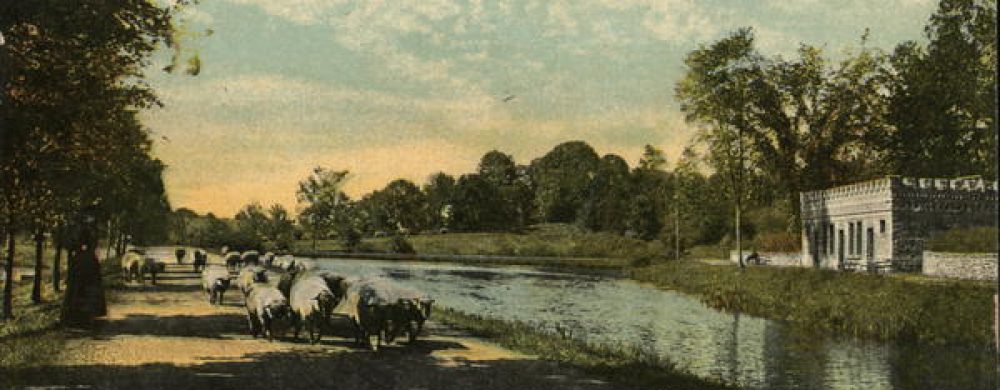Trees in Cities Challenge – Some mayors care (some continue degrading & polluting)
Urban trees and forests in the spotlight as the UN Decade on Ecosystem Restoration commences
“In March 2019, the United Nations General Assembly declared 2021 – 2030 to be the Decade on Ecosystem Restoration and called for action at all levels to protect and restore degraded ecosystems and reverse biodiversity loss.” Read more
Springfield could help migrating birds…
From The Conversation: Cities can help migrating birds on their way by planting more trees and turning lights off at night
“We study bird migration and how it is being affected by factors ranging from climate change to artificial light at night. In a recent study, we used millions of bird observations by citizen scientists to document the occurrence of migratory bird species in 333 U.S. cities during the winter, spring, summer and autumn. (Read more here)
Some Harms of “Bright Nights”
EcoWatch: Light Pollution: The Dangers of Bright Skies at Night
“Science shows links between artificial light and eye injury, sleeplessness, obesity and in some cases, even depression. A US study on shift workers from 2007 even makes a connection with breast cancer. It is all related to melatonin, a hormone that is released when it gets dark….
“It’s not only humans that need a natural day-night rhythm. Wildlife also struggles to adapt to the use of artificial light at night. Corals, for example, don’t reproduce as usual, migratory birds can lose their sense of orientation, and, rather than walking towards the sea, newly hatched turtles have been found walking inland, where they die…
“Insects are also affected. One study suggested that an estimated 100 billion nocturnal insects die in Germany each summer as a result of artificial light. Usually reliant on the moon for orientation, the critters become so distracted by bright streetlamps for example, that they fly around them all night. They then die from exhaustion, are too weak to reproduce or become easy prey for predators…
“With fossil fuels still the main source of global electricity production, the unnecessary use of light at night also contributes to air pollution and climate change.”
Half a rest…
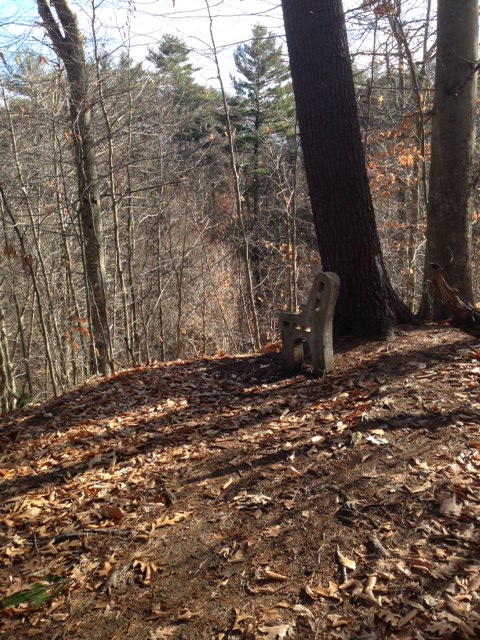
Meadow Ravine Trail
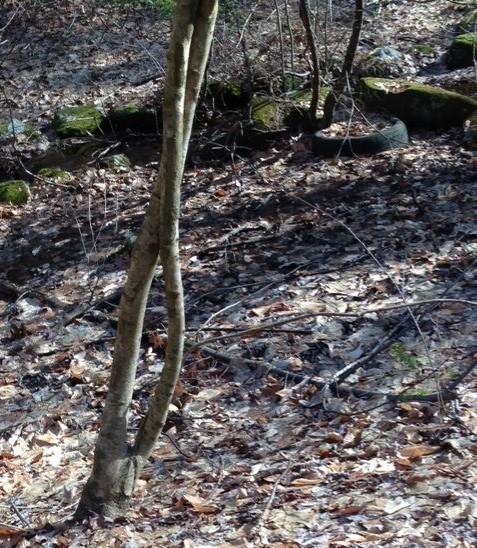

Big Trucks Idling
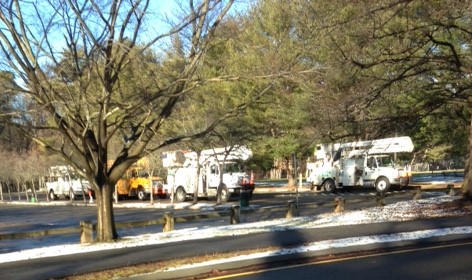
A View in Forest Park
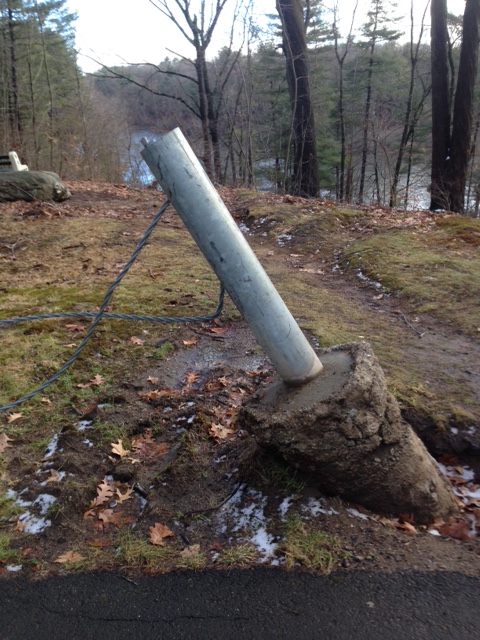
Re-wilding our park & our yards
MEET THE ECOLOGIST WHO WANTS YOU TO UNLEASH THE WILD ON YOUR BACKYARD
Fed up with invasive species and sterile landscapes, Douglas Tallamy urges Americans to go native and go natural
For humans to flourish, Springfield needs the wild
Today, I’m sharing a story about Seattle, WA’s 500-acre Discovery Park (somewhat smaller than Forest Park) which offers important considerations for using our park to nurture healthy human beings.
Anthropocene Weekly – Cities don’t just need parks–they need big, wild ones – Meaningful experiences of urban nature are linked to parks’ “wildness”
By Sarah DeWeerdt – March 3, 2020
“…features like varied habitats, relatively unmanaged land, high levels of biodiversity, old-growth trees, large open spaces and wide vistas, and opportunities for visitors to experience solitude and a sense of remove from civilization.”
